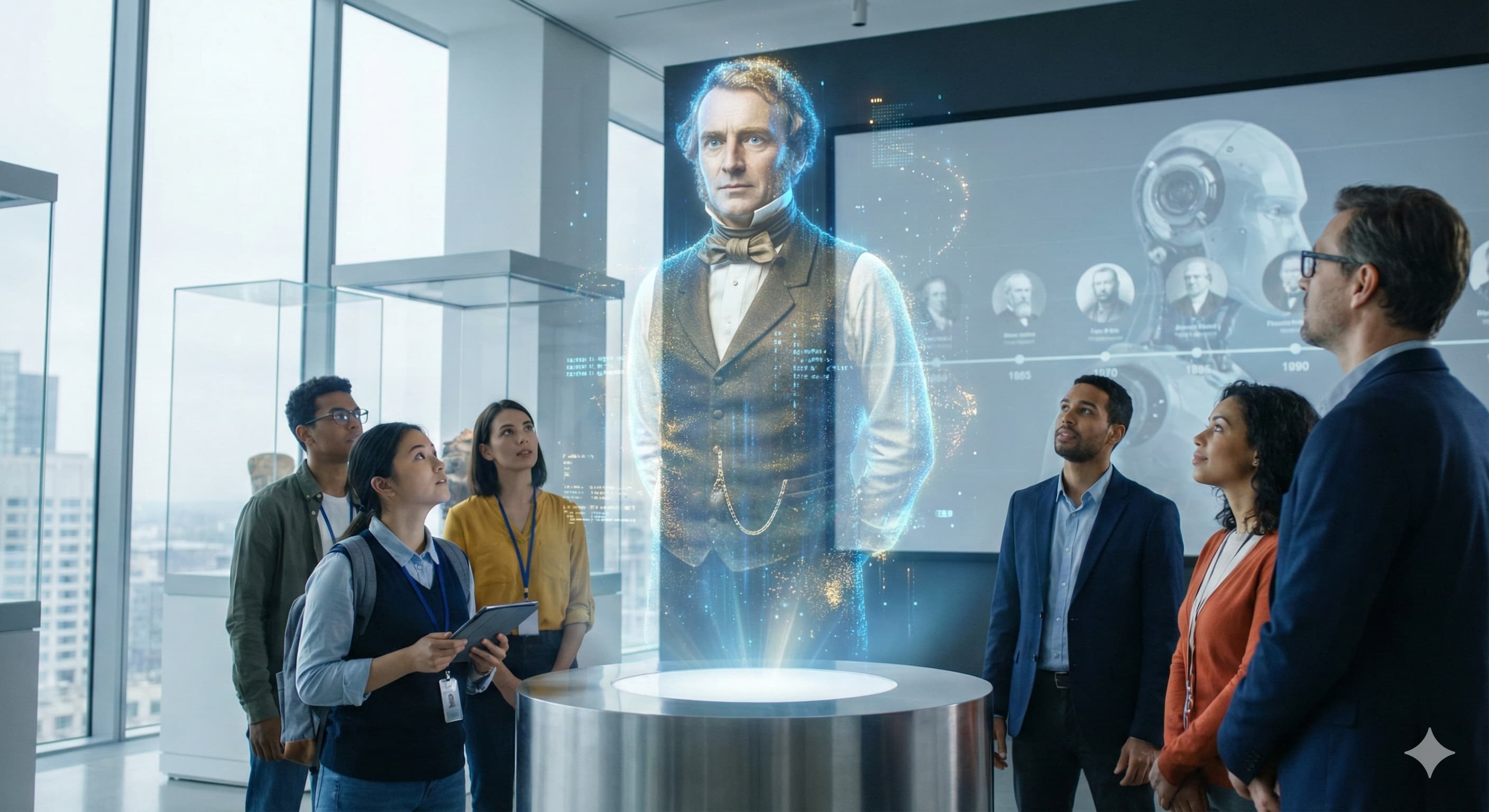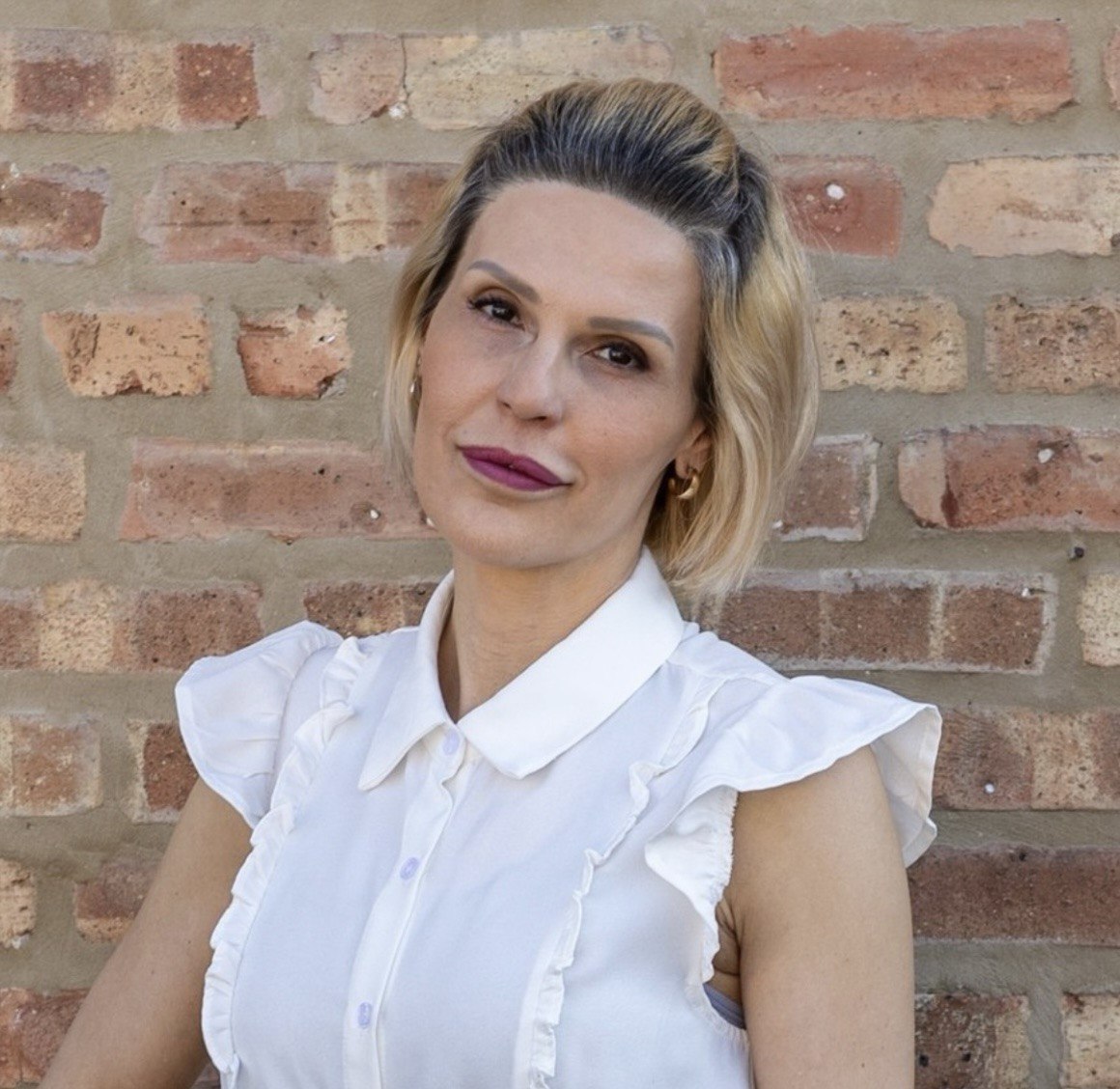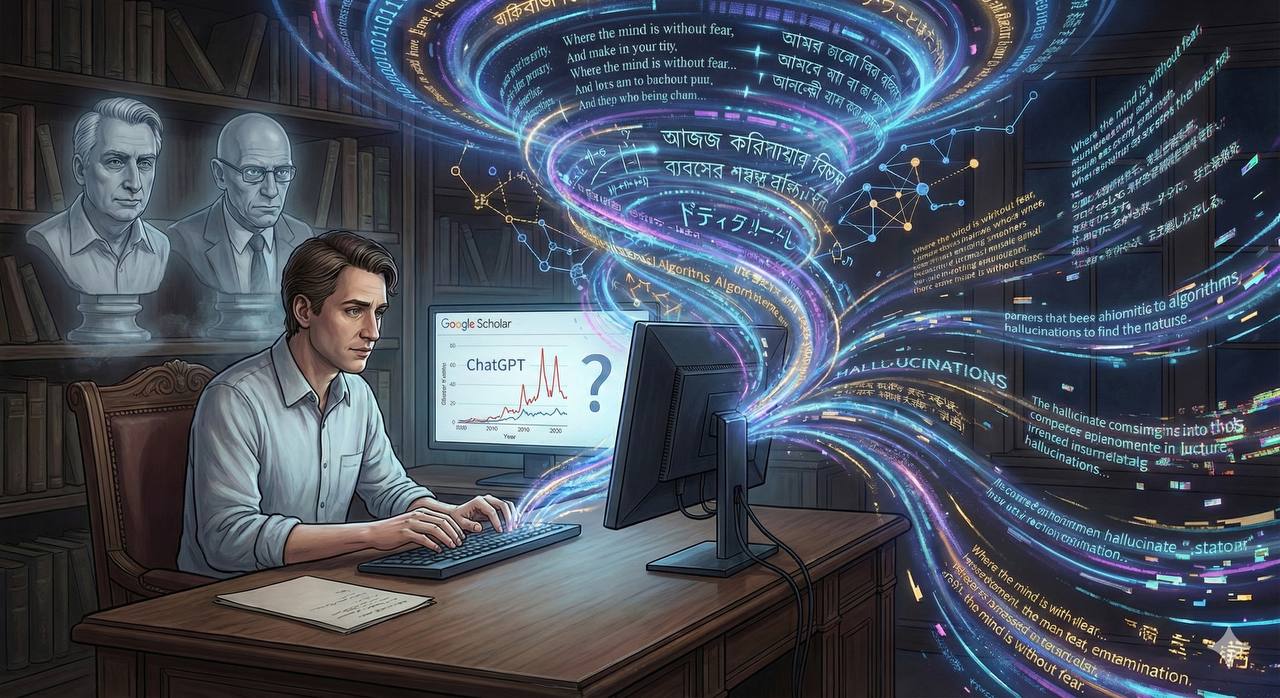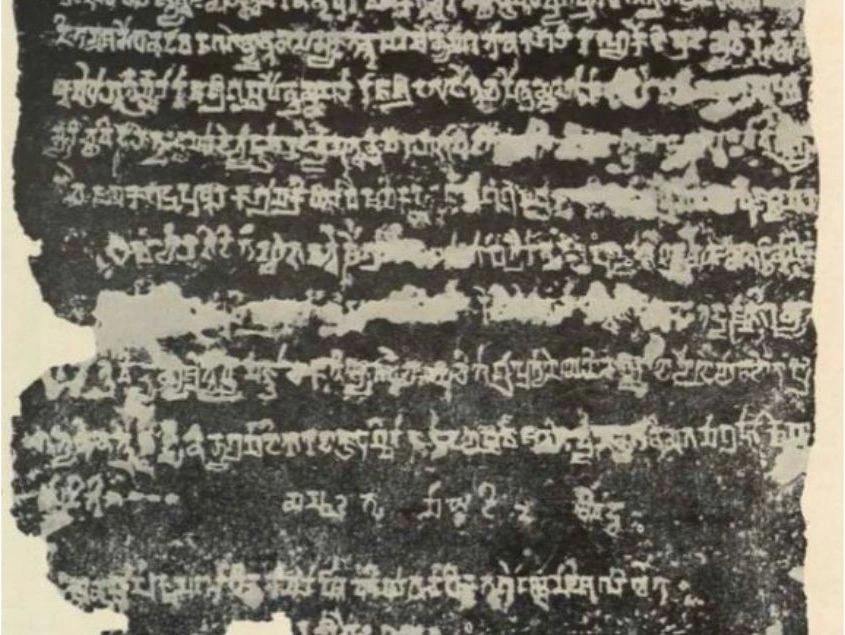A Contemplation: Orwell in the ChatGPT Universe
Orwell’s Battlefield
They are pigs in mud so deep and thick it bleeds into pants, seeps into pores, hardens between toes; he’ll never be able to properly describe the stench of feces, blood, and debris mingling with rats and the wet earth. Numb to the bone, never warm, never satiated, he is a soldier with shoe soles no thicker than rubber bands, aimless among so many others staring at this twentieth century battlefield. If only he lived in the 21st century and had an iPhone, especially during the worst prolonged periods when nothing happens. Instead, he pulls out the same detective novel, reading and rereading pages he won’t remember later.
This is the Spanish Civil War as George Orwell experienced it in 1937. We have these details because of his book, Homage to Catalonia. He survived and wrote about the Fascist dogma sweeping across Europe in the mid-twentieth century—but what if he hadn’t? What if, instead, we only had a few AI generated notes tapped out on ChatGPT 4 or Anthropic’s Claude 3? Would they be legible based on mere impressions of the battlefield pulled together from text messages, emails, and social media feeds massaged into paragraphs by commonly used silicon partners? Would his thoughts be flattened into generic tropes, his detailed account no longer worthy of becoming a time machine composed of text, bound by two covers, and placed on bookshelves around the world? With an AI account of the war, we might not experience the battles that took place in Barcelona or feel the twitchiness of soldiers searching for tobacco. And we certainly wouldn’t witness the imprint of Orwell’s mind as it appeared during the time of the book’s composition. We’d know little of Orwell’s fight against Franco’s fascism during the Spanish Civil War, which was such a formative experience for the author and which gave dimension to the views he later cultivated and expressed in his more famous novels— His vision, with its warning, might never have been captured and might never have reached us.
About Orwell’s Distrust
At some point, every late 20th and 21st century reader and writer encounters Orwell’s 1984, the inspiration for numerous discussions about propaganda, the spreading of information (or disinformation, in this case), and the control of thought through a highly enforced use of a language called Newspeak. Some may even remember the award-winning Super Bowl ad Apple aired in 1984—now streaming on YouTube—showing lines of clone-like humans marching towards a massive projection of Big Brother bellowing, “We are one people,” in a cavernous auditorium. It’s hard to forget the lone woman dashing down the aisle in running gear as she hurls an ax at the screen, which explodes to the announcement that the computer company will soon introduce Macintosh, thus splintering the singular power of television. This, to some, marks the beginning of what we are now submerged in: an online universe, co-created by many, dictated (perhaps) by more hard drives, screens, and code than anyone can fathom. Indeed, we are creating the vision futurists of the 19th and 20th centuries imagined. But is this useful to every aspect of the human experience? In response to this question, read Orwell.
Deeply concerned about the formation and use of language, how it shapes the way groups of people perceive the world, Orwell was most focused on the possibility that communication could be manipulated by a singular, dictatorial force that could re-invent the architecture of thought and the way we experience our lives. Orwell’s message is vast, but it stands on a single, simple concept: a word is a mighty tool. To be meaningful, a word must be assessed, weighed, and fully understood before being properly placed and contextualized in a sentence. This may seem obvious, but it’s not, especially in these days of fast communication.
Language runs the world as much as money and silicon does. Many of us connect by text, email, and on social media platforms, where algorithms can either promote or demote a person’s message without discernable reason. Entire love affairs are initiated or terminated due to forces behind the screen. What we read, see, and who we celebrate, or notice, relies heavily on the invisible entity pulling the webbed arms and legs of the marionette that is our silicon universe. If Orwell were with us, he would likely distrust and outsmart such algorithms.
But with the addition of AI, particularly tools like ChatGPT, Orwell would certainly blanch. He might consider AI to be an elevated but dangerous game, a distraction, and a force that could eventually separate us from ourselves and others. Sure, he’d admit that AI is an incredible tool, best used in the STEM fields. But he’d raise hell before admitting to its usefulness to those “creatives” addressing the human condition.
It’s no surprise that many creative writers agree with Orwell’s deep loathing of dictated research and language, which he might have equated to propaganda. Many find the enthusiasm and the speed of AI generated text’s adoption into our culture deeply disturbing, particularly because it eliminates an important process of thinking. To use ChatGPT as a tool for research or for building the body of an essay, for instance, means handing over the most important process of writing: discovering what it is that one wants to say and figuring out how to say it in a particular and unique way. Oftentimes, this process relies heavily upon the unconscious depths, pulled from deep in the brain’s gray matter, where ideas and impression percolate before rising to become conscious thought for examination and use. This is how the individual’s voice, rather than the bland chatter churned from a thousand chanting webpages (great for marketing content or a cover letter but lousy for anything more complex), becomes a powerful entity on the page that makes the writer and reader think about the world differently.
As a writer in this age of disinformation, I find Orwell’s views ever more meaningful, knowing that we must always question why we think the way we do while fostering an ability to observe the world with fresh eyes. When Orwell asserts that disinformation is deeply related to disillusionment or that a country divided (by information and its misinterpretation) can only lead to dictatorship, I find myself saying, “Yes, this is still relevant, more than eighty-five years after Homage to Catalonia’s publication.”
Orwell’s Less Than Artificial and Very Real Intelligence
I wonder what Orwell would have done with AI had it been available to him as a tool in the late 1930s. Would he have taken short cuts while shivering in rat-infested trenches and scrounging for cigarettes or a moldy piece of cheese? It’s possible that Orwell’s mobile device would have remained operational in some deep but soaked pocket of his uniform. However, it’s more likely that, lacking a charge, his phone would have died alongside his comrades.
Still, after his time on the battlefield, Orwell would have returned to England and a desk. If Orwell had been alive in the 21st century, would he sit in an office or click around a laptop in a café? Post-Covid, I imagine him with a mobile phone, walking through Piccadilly Circus, chatting into some app. He might be recalling his time in the trenches when faulty grenades often blew up before thrown. Here he is, stopping at a corner to gaze at Tik Tok’s millisecond footage of a retreating Republican force during the Battle of Ebro.
He turns to ChatGPT, dictating his frustration into his device. He is too busy and distracted to write anything down himself. It’s easier to say, “Write about the deliberate use of propaganda by the Stalin-backed Socialists whose only goal has been to implicate the POUM as Trotskyites—a complete fabrication!” He has every reason to fume, especially when he recalls his surreal experiences during the “May Days” in Barcelona when the Republican side splintered into factions—the Anarchists versus the Stalin-backed Socialists versus the Marxist POUM.
Details, details, who has time for them? Let us take the easy path. Why recall the most traumatic moments of our lives when we lost people we loved and almost lost ourselves? Ease, that’s all we want, sleep and ease, he might have thought instead of laying the foundation of his most notable works. Why fight the battle again?
Indeed, it is a fight to access our memories and find the right words to express them. It is a deadly sport to write a book that will butt heads with a dictator. How many authors and journalists have died to write the truth? What about ChatGPT? Will the application one day lose its head to a dictator? Or, more deadly, has another, new kind of dictator already harnessed this tool, taking charge of so many billions of heads?
I can almost hear Orwell saying, “Stop being so damn petrified! Get to the battlefield—your desk—and face yourself!” as he throws his iPhone into the Thames.


.jpg)






